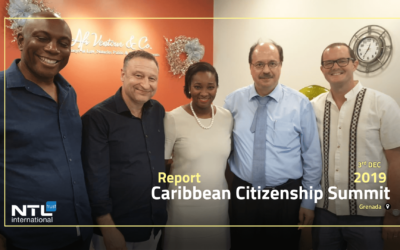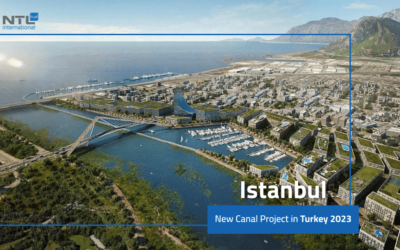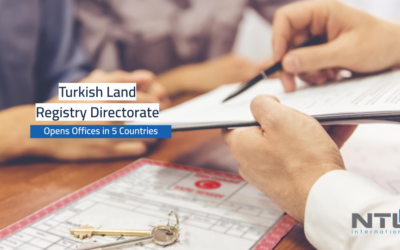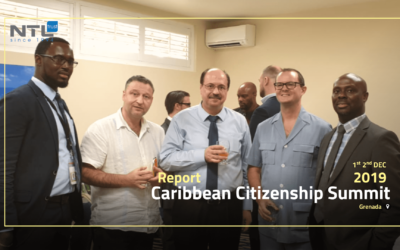
The Digital Twin in Grenada is a groundbreaking initiative designed to address the growing challenges of climate change. It provides an advanced 3D model of the island, serving as a strategic tool for smart planning, disaster preparedness, and environmental resilience. Grenada is among the first small island nations to adopt such cutting-edge digital technology for managing climate risks, as well as guiding urban and economic development.
When Did the Digital Twin in Grenada Begin?
The initiative officially began in 2019, launched under the World Bank’s Regional Disaster Vulnerability Reduction Project in partnership with Fugro. Through extensive aerial and marine surveys, the project collected highly accurate data, including:
-
High-resolution LiDAR point clouds
-
High-quality aerial imagery
-
Bathymetric data for coastal areas
By around 2021, this data was transformed into a dynamic 3D model of the island, Grenada’s Digital Twin. The model is now used to simulate future climate scenarios such as sea-level rise, flooding, and hurricanes, helping the nation safeguard infrastructure, plan coastal protection, and prioritize sustainable development.
Why the Digital Twin in Grenada Matters
For small island states like Grenada, where the impacts of climate change are magnified, access to accurate geospatial data is not optional, it is essential. The Digital Twin in Grenada allows the government to:
-
Proactively prepare for floods and natural disasters
-
Guide urban development based on risk predictions
-
Support investment in sustainable and resilient infrastructure
-
Strengthen long-term climate change adaptation strategies
Linking Technology with Development and Investment
Grenada also offers an official Citizenship by Investment Program, and innovations such as the Digital Twin add significant value for investors. These advancements highlight the country’s commitment to ecological stability, disaster readiness, and smart development. With continued investment in geospatial technology and digital infrastructure, Grenada is positioning itself as a forward-looking nation where economic growth and environmental sustainability go hand in hand.
Digital Twin in Grenada as a Roadmap for Other Nations
Grenada’s pioneering use of digital technology is already inspiring other Caribbean and international nations. The Digital Twin in Grenada demonstrates how data-driven solutions can directly address climate challenges while supporting safer, more stable, and future-ready communities.
The third day of the Caribbean Summit 2019
On the third day of the Caribbean Summit for Citizenship by Investment 2019 in Grenada Island, the NTL team accompanied by several official figures, investors and developers toured the city and visited factories of chocolate, cocoa and fruit packaging plants, in the framework of the industrial activity and economic development which accrue in the island of Grenada.
Türkiye is competing with Grenada for the E2 visa
E-2 is expected to take the lead in the global market later this year due to the rise of the minimum investment requirements for EB-5, in addition to the advantages of E2 over EB-5 in terms of faster processing times, low investment requirements, and more importantly, it is the no retrogression feature.
Istanbul New Canal Project in Turkey
It is one of the major projects, it is described by the Turks as “the project of the era” and as “the largest project to be done in the history of the Turkish Republic.” As Turkish President Recep Tayyip Erdogan announced that a tender will be launched for Istanbul...
Turkish Land Registry Directorate Opens in Arab countries
Real Estate market in Turkey is witnessing a great demand by foreigners in light of the great growth in the construction sector. Where the Director of the Land Registry (Title Deed) and the Real Estate Survey, Mr. Muhammad Zaki Adli, explained that foreigners have a great desire to buy real estate in Turkey, especially those wishing to obtain Turkish Citizenship.
The first and the second days of the Caribbean Summit 2019
It’s an amazing experience to have a second passport that gives you access to an infinite world of possibilities. The Caribbean Summit 2019 is an important event held every year, and helps people who intend to undertake international migration and acquire second citizenship understand this area.





